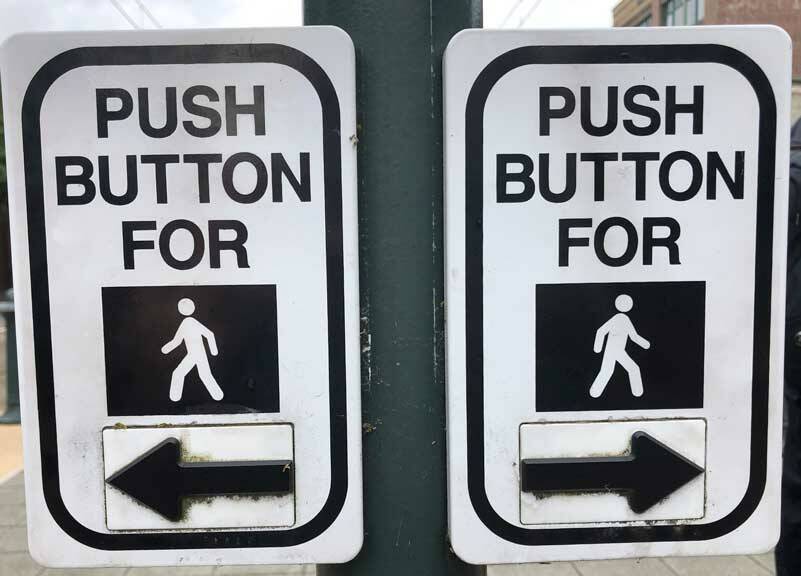By Morf Morford
Tacoma Daily Index
When it comes to politics – or business – or religion – when it comes to young people, life is complicated.
In religion, most young people check the “none of the above” box.
And when it comes to business, or work schedules, or traditional pay scales, “business as usual” will not fly.
Same with politics.
Young people are, at a deep level, dissatisfied, and are seen both as the group who disengages politically, yet at the same time at the forefront of major political movements.
For older candidates or organizers (and by older I mean over age 30) there is no magic formula or even jargon – it’s actually very simple – address topics and issues that this demographic cares about.
Historically, young people have not felt included or welcome in the political realm.
This has been true for generations – if not all of human history.
The age-old accusations that young people are politically apathetic are being refuted by countless new studies, but many in this current generation are turning away from mainstream politics and, like previous generations before them towards political organizing, social movements, rallies and boycotts.
Young voters care about all the same issues that any other voter would care about. The difference is that young voters are not on the radar of traditional political strategists.
And traditional political strategists are not on their radar.
Keep in mind that positions of power are constantly being withheld from young people, which limits the type of organizing and political involvement they have access to. Hence the rallies and boycotts.
Low voter turnout among young people is not always a sign of apathy on their part.
Many states, for a variety of reasons, set up structural and organizational obstacles to electoral participation which impacts many young people – and many others new to voting.
These policies, usually in the name of “election integrity” only amplify the distrust many young people feel towards traditional institutions of governance.
Feeling disconnected from a process that is seen as ineffective – even counter-productive is not apathy.
Why, after all should young people put their energies into political parties that may (or may not) address those issues of burning concern. And when it comes to actual policy or even getting things done, the traditional political parties – and their processes – are all too often found lacking – or arcane and cumbersome – if not outright hostile.
Most young people care – passionately – about a full range of issues from income inequality to homelessness, climate policy, police reform and vaccine mandates among many others – some that older voters care about and others that baffle, even offend older voters; like gender identity and racial /ethnic/indigenous acknowledgement and respect.
The self-congratulatory glad-handing and personal profiteering on the part of too many politicians – both local and national – is appalling to young voters – and should be appalling to us.
Many of us have become accustomed to, even comfortable with political self-enriching – and I hope the next generation never does.
Voting is only one way to participate
Political organizing, social movements, rallies and boycotts may be a good preparation for working within traditional political parties and systems, and if you think about it, involve the ultimate set of transferable skills for almost any career field, setting in place a category of organizational and leadership skills that would serve them (and perhaps us) in a whole range of auxiliary ways from lobbying to inspiring the next generation to run for office. (Or keep a closer eye on those who do). And, of course, addressing those issues that make or break every neighborhood – potholes, graffiti, noise and traffic. And schools.
Young people (voters or not) also care deeply about those issues that stretch before them like educational opportunity, student debt, housing prices and, of course that issue that politicians have been punting for decades – climate change.
Young people also inhabit a different sphere – they are fluent in digital tools, have significant power and presence in the conversations taking place online, and often have dialogs – and speak in a language – non-digital generations can barely imagine – let alone comprehend. Or participate in.
Thanks to social media, and the basic erasure of traditional constraints from distance to age, their impact is exponential. If not permanent.
Youth movements have always shaped and informed politics. Many of the most significant leaders of our time began their activism – and developed their skill base – and personal networks – as young people.
Authentically engaging them in their civic power should never be underestimated. An astute or aspiring political figure should address and appeal to unexpected audiences.
High school students, for example are usually ignored by the political parties, but there are all kinds of organizational duties they can do, and skills they can acquire – and in a short year or two most of them will be eligible to vote.
Young people are not monolithic and have a range of often conflicting if not contradictory passions.
But one belief ties almost all of them together; laws and opportunities should be open and fair, and serve the needs and highest aspirations of all.
In short, we are each better off when all of us are better off.
Business, religion, the environment and politics are not separate and non-intersecting spheres – they all cohere in the often messy, ever-more complicated essence we call community.
What we believe, where we work and where we live all define us, and not just us – they set the tone and pattern, and range of possibilities for the next, and the next, generation.
In past few years we have experienced an astounding lack of civility – and ignorance about everything from electoral processes to the responsibility of public figures – and the voters who place (and keep) them in power.
We desperately need the voice – and perspective – of a new generation.





